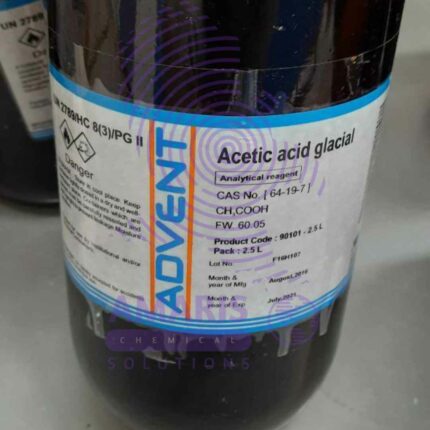
Acetic Acid 2.5litre
$1,490.00 Original price was: $1,490.00.$1,300.00Current price is: $1,300.00.
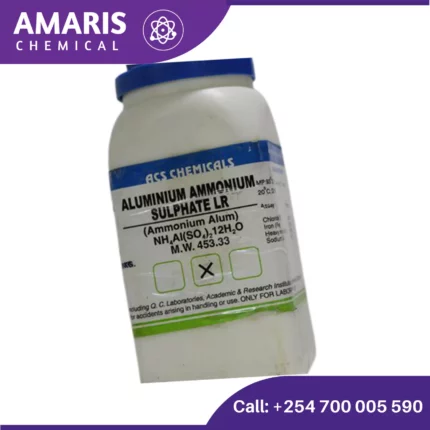
Aluminum Ammonium Sulphate
$650.00 Original price was: $650.00.$500.00Current price is: $500.00.
Aceto Carmine 100 ml
$1,745.00 Original price was: $1,745.00.$1,500.00Current price is: $1,500.00.
Whatsapp Order
Aceto carmine is a staining solution used primarily in microscopy to highlight cellular components. It is a mixture of carmine dye and acetic acid. Here’s an overview of its properties, preparation, and uses:
Properties
- Color: Red to purplish-red.
- Solubility: Soluble in water and ethanol.
- Staining Characteristics: Stains chromatin and cytoplasmic components, providing contrast for better visualization under a microscope.
Preparation
- Ingredients:
- Carmine dye: A natural red dye extracted from the cochineal insect.
- Acetic acid: A colorless liquid organic compound with a pungent smell.
- Procedure:
- Dissolve a specific amount of carmine powder in hot distilled water.
- Add glacial acetic acid to the solution.
- Filter the mixture to remove any undissolved particles.
SKU:
ACS18434CHEM0
Category: Analytical Reagents
Description
Table of Contents
ToggleUses of Aceto Carmine
1. Cytology
- Chromosome Staining: Aceto carmine is used to stain chromosomes during cell division processes such as mitosis and meiosis. It helps in visualizing the chromosomal structures, making it easier to study their behavior and morphology.
- Karyotyping: The staining highlights the chromosomal patterns and abnormalities, aiding in the identification of genetic disorders.
2. Histology
- Tissue Staining: In histological studies, aceto carmine is used to stain various tissues, helping differentiate between different types of cells and their components. This is particularly useful in examining the structure and function of tissues.
- Cell Component Differentiation: It selectively stains specific cellular components like chromatin, making it easier to distinguish between the nucleus and cytoplasm in cells.
3. Botany
- Plant Cell Studies: Aceto carmine is widely used to stain plant cells, especially root tips, to observe cell division and growth. It is an essential tool for studying the structure and function of plant cells.
- Temporary Mounts: It is used to prepare temporary mounts of plant tissues for microscopic examination, making it easier to study plant anatomy and morphology.
4. Education
- Teaching Tool: In educational settings, aceto carmine is frequently used in biology and botany laboratories to teach students about cell division, tissue structure, and plant anatomy. Its ease of use and effectiveness make it a popular choice for demonstrations and practical exercises.
- Laboratory Practicals: Students use aceto carmine in laboratory practicals to learn staining techniques and to observe cellular structures under the microscope.
5. Research
- Genetic Studies: Researchers use aceto carmine to study chromosomal behavior and abnormalities, contributing to genetic research and understanding of hereditary conditions.
- Developmental Biology: It is used to study the development and differentiation of cells and tissues in both plants and animals, aiding in developmental biology research.
Reviews (0)
Be the first to review “Aceto Carmine 100 ml” Cancel reply
Related products
Acetic Acid 2.5litre
Acetic acid is an organic acid with the chemical formula CH3COOH, also known as ethanoic acid. It is a colorless liquid with a pungent, sour taste and a distinctive vinegar-like odor. Acetic acid is an important industrial chemical used in the production of various products, including solvents, plastics, textiles, and food additives. It is also the main component of vinegar, which is commonly used as a condiment and preservative in cooking and food preparation.
Agar Agar Powder
Agar agar powder refers to the dehydrated and powdered form of agar agar, a natural gelling agent derived from seaweed. It is made by drying and grinding the agar agar gel, resulting in a fine powder with excellent gelling properties. Agar agar powder is commonly used in cooking, baking, and food preparation as a vegetarian and vegan substitute for gelatin. It is prized for its ability to create firm and stable gels at relatively low concentrations and temperatures. Agar agar powder is versatile and can be used in a variety of recipes, including desserts, confectioneries, jams, jellies, and savory dishes.
Aluminum Potassium Sulphate 500gm
Aluminum Potassium Sulphate, commonly known as potassium alum or potash alum, is a chemical compound with the formula KAl(SO₄)₂·12H₂O. It is a type of alum, a double sulfate salt, and is typically found in its dodecahydrate form. Here are some key points about this compound:
Physical Properties:
- Appearance: Colorless, transparent crystals or white powder.
- Solubility: Soluble in water but insoluble in alcohol.
- Melting Point: Decomposes at high temperatures before melting.
Chemical Properties:
- Molecular Formula: KAl(SO₄)₂·12H₂O
- Molecular Weight: 474.39 g/mol (for the dodecahydrate form)
- Acidity: It is slightly acidic in aqueous solution.
Aluminum Sulphate 500gm
Aluminum sulfate, also known as alum, is a chemical compound with the formula Al2(SO4)3. It's commonly used in water treatment plants as a coagulant to clarify turbid or muddy water by causing suspended particles to clump together and settle out. In addition to water treatment, aluminum sulfate has various other industrial applications, such as in paper manufacturing, dyeing, and as a mordant in textile dyeing to help fix dyes to fabrics.



 LABORATORY EQUIPMENT & APPARATUS
LABORATORY EQUIPMENT & APPARATUS
 Fertilizers
Fertilizers Plant Growth Regulators
Plant Growth Regulators Soil Conditioners
Soil Conditioners Animal Feed Additives
Animal Feed Additives Biostimulants
Biostimulants Dough Conditioners
Dough Conditioners Flour Treatments
Flour Treatments Fat Replacers
Fat Replacers Preservatives (baking)
Preservatives (baking)
 Surfactants (cleaning)
Surfactants (cleaning) Builders
Builders Bleaching Agents
Bleaching Agents Enzymes
Enzymes Solvents (cleaning)
Solvents (cleaning) Fragrances
Fragrances

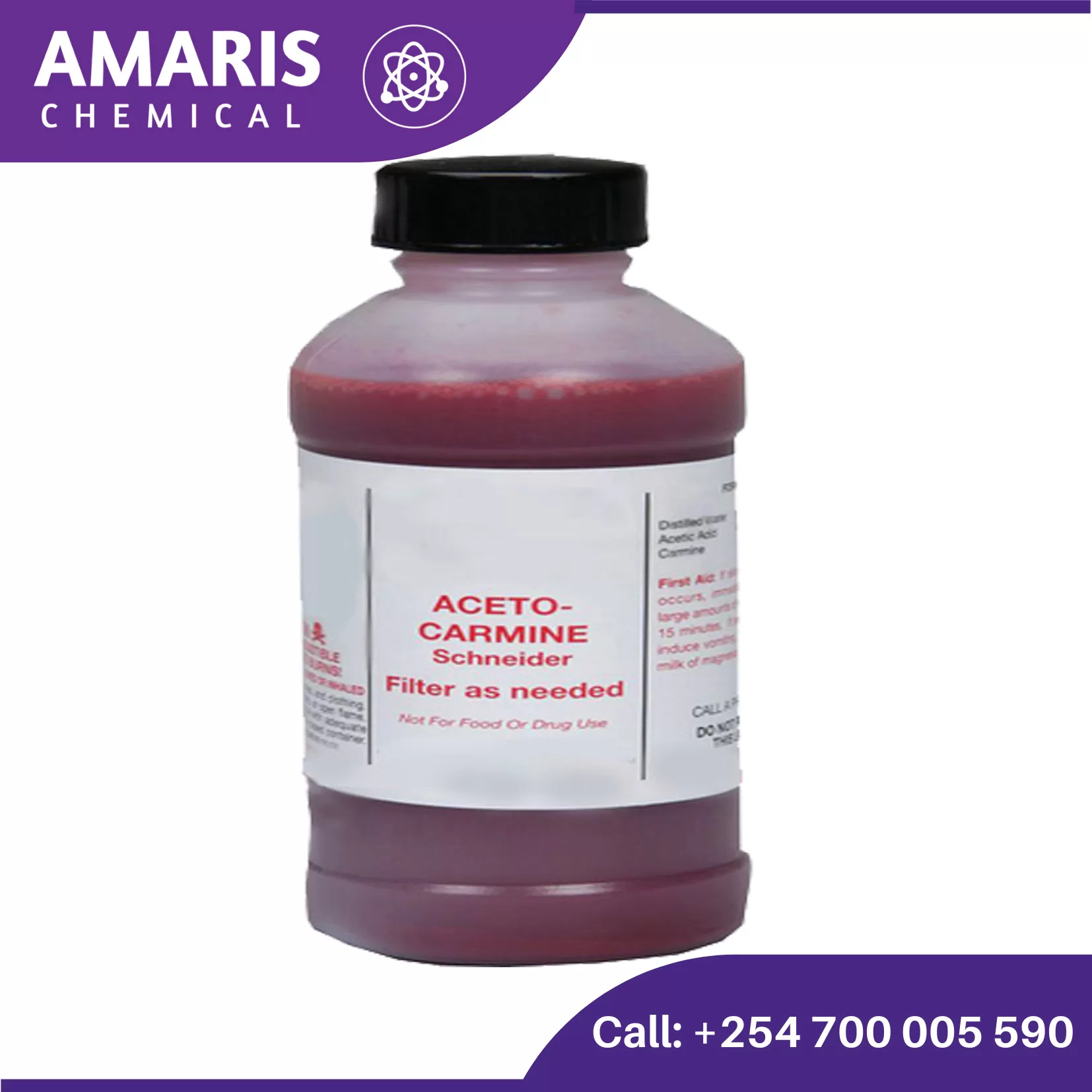
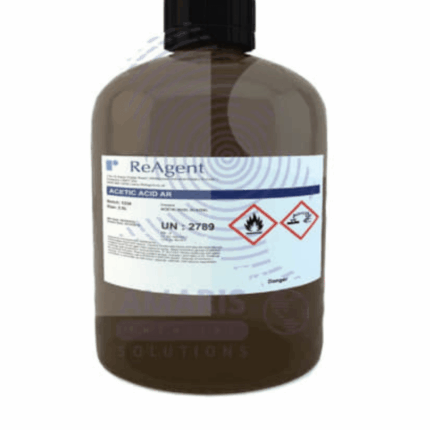
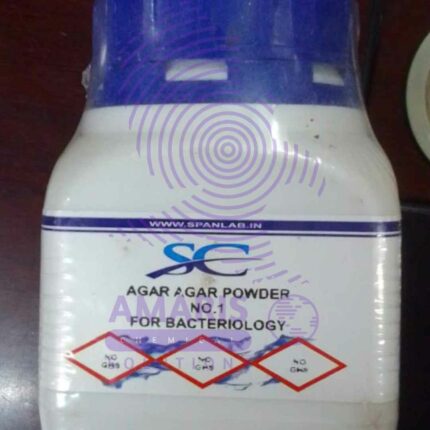
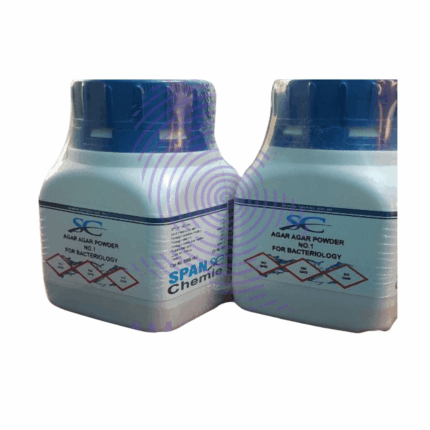

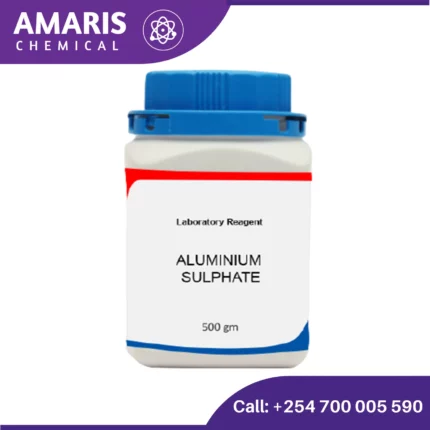
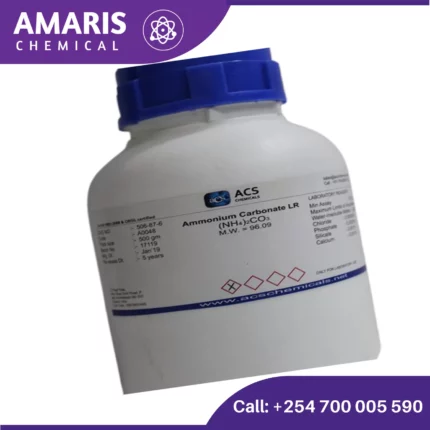

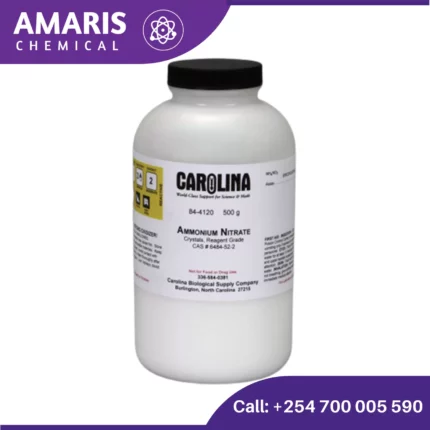
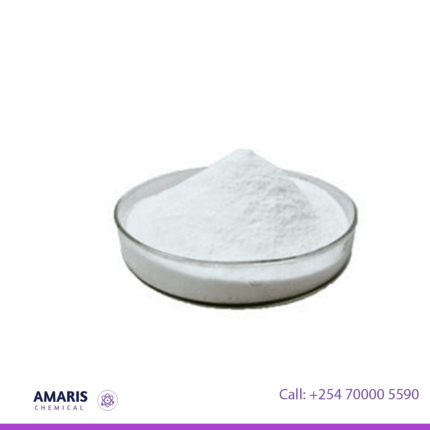













Reviews
There are no reviews yet.